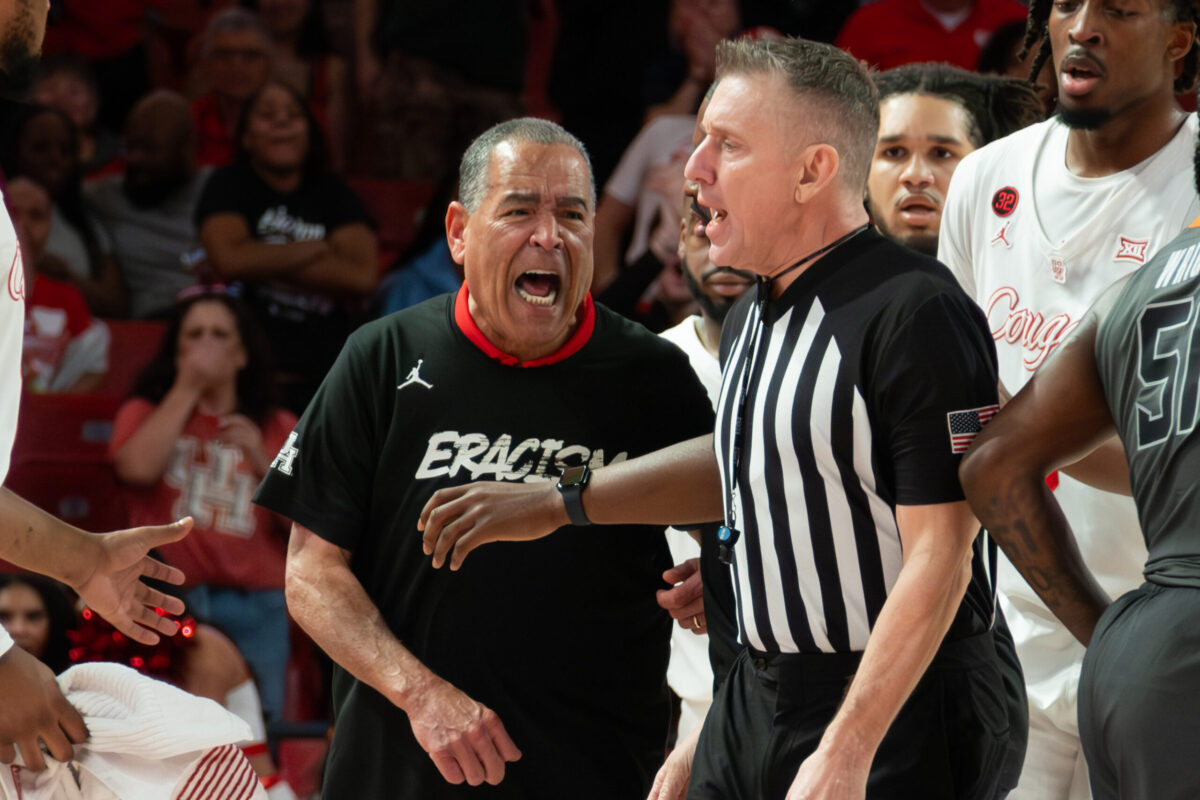Greenfield Recorder – My Turn: Understanding the Ukraine War


This image from a video released by the Ukrainian Tsunami Assault Regiment, Liut Brigade, shows the northeastern frontline city of Vovchansk in Ukraine during a heavy bombardment by Russian forces on May 28, 2024.
TSUNAMI ASSAULT REGIMENT, LIUT BRIGADE, PHOTO VIA AP
In most reports on the war in Ukraine in the American mass media, Russia is portrayed as the aggressor and Ukraine as the victim. The war is characterized as a war between democracy and dictatorship, between the rule of law and the rule of the strongest.
This is highly misleading. Ukraine is not a democracy and it ignores the obvious problem – the US-dominated NATO.
The immediate cause of the Ukraine war was Russia’s invasion of post-Soviet Ukraine in February 2022. But the real or deeper cause is the US government’s drive to expand NATO to include all former Soviet republics besides Russia, as well as the former communist states in Eastern and Central Europe. This US effort began in 1991 and was pushed by both Republican and Democratic administrations. Wise voices of experienced foreign policy analysts warned that such a policy would threaten the security of post-Soviet Russia and would likely lead to war. They were prophetic!
When Vladimir Putin became president of post-Soviet Russia in December 1999, he sought to restore Russia’s independent role in the world. In contrast, the first president of post-Soviet Russia, Boris Yeltsin, had sought to become the United States’ main ally in world politics. Putin is a Russian nationalist who wants to preserve and expand Russia’s role in the world. He has the support of the new Russian big business class, which seeks a sphere of economic influence in its border region.
Putin is indeed a dictator who murders Russians who challenge him. He has also reportedly amassed a personal fortune, although it appears that his goal is power rather than wealth. However, he is not a “fascist” who scapegoats any ethnic or religious minority. Putin seeks to unite the many ethnic/national groups living in the vast territory of post-Soviet Russia (including Chechens, Uzbeks, Kazakhs and Armenians).
We should demand an immediate end to the death and destruction that is the inevitable result of modern wars (even the “good” ones like World War II). This requires an immediate ceasefire, where combatants stay in place but stop fighting. The ceasefire should be followed by negotiations between the parties concerned, including Russia, Ukraine and the European Union. Such negotiations would have the best chance of reaching a solution to the conflict acceptable to the people of Russia and Ukraine.
Americans should demand that the US government give the local parties the opportunity to work out a solution that is acceptable to them. The US government has no right to assert its power in this region. One glimmer of hope is that ethnic Russians and ethnic Ukrainians have lived together in the same state for centuries and there have been many intermarriages during this time.
David M. Kotz is a professor emeritus of economics at the University of Massachusetts. He has written two books on the former Soviet Union and has visited the former Soviet Union several times since 1991. He lives in Northampton.



